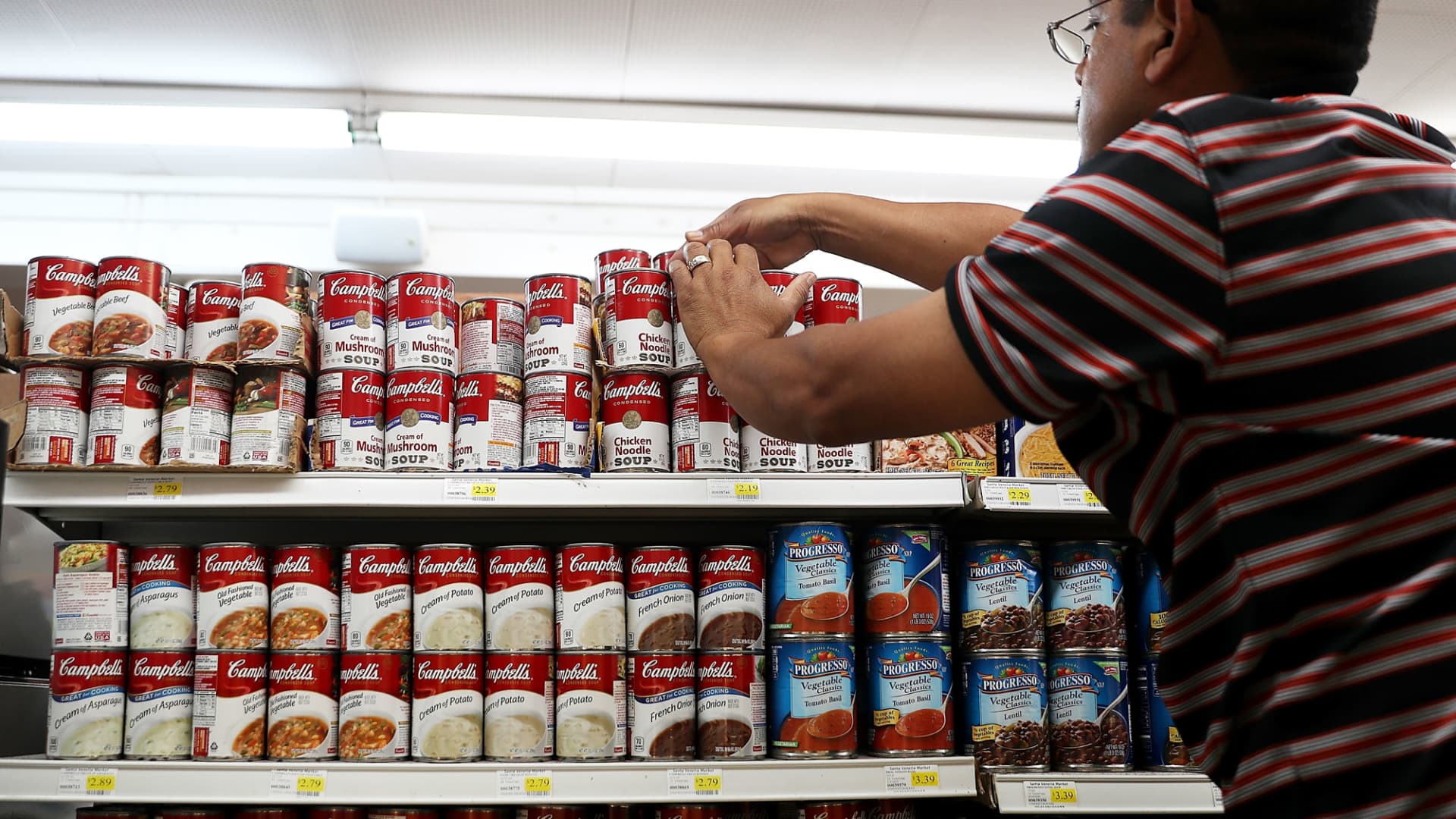Economics
Bessent sees tariff agreement as progress in ‘strategic’ decoupling with China
-

 Personal Finance1 week ago
Personal Finance1 week agoHow appealing property taxes can benefit new homeowners
-

 Blog Post1 week ago
Blog Post1 week agoHow to Implement Internal Controls to Prevent Business Fraud
-

 Economics5 days ago
Economics5 days agoElon Musk says Trump’s spending bill undermines the work DOGE has been doing
-

 Economics1 week ago
Economics1 week agoMAGA: protecting the homeland from Canadian bookworms
-

 Personal Finance1 week ago
Personal Finance1 week agoHow to pay college tuition bills with your 529 plan
-

 Economics6 days ago
Economics6 days agoHow young voters helped to put Trump in the White House
-

 Accounting5 days ago
Accounting5 days agoHighest paid jobs in corporate accounting
-

 Economics1 week ago
Economics1 week agoTrump greenlights Nippon merger with US Steel






















